Category: Health Predispositions
-
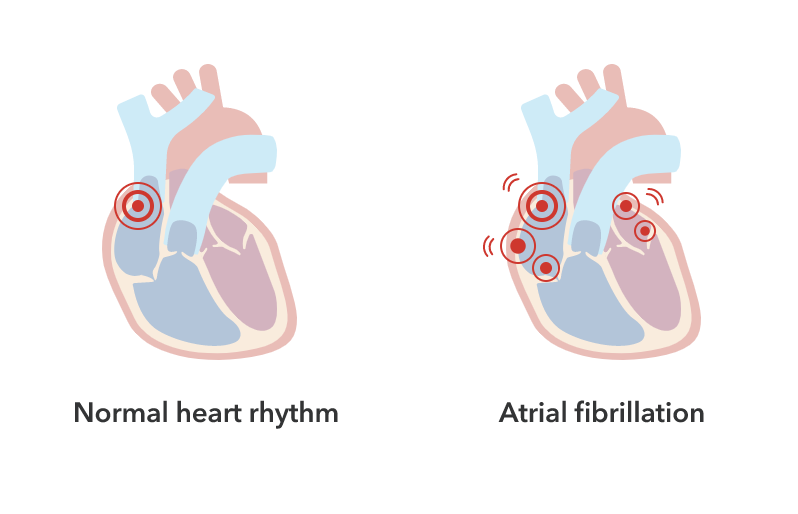
Is Atrial Fibrillation Genetic?
Explore Atrial Fibrillation and what your DNA can tell you What is atrial fibrillation? Atrial fibrillation, sometimes called AFib or AF, is a common type of arrhythmia, or irregular heartbeat. It happens when the two upper chambers of the heart (called the atria) beat irregularly. Normally, the atria pump blood into the two lower chambers…
-
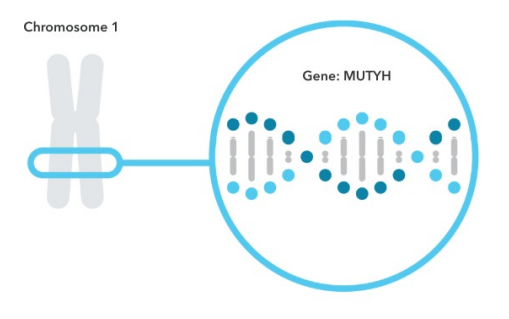
Is MUTYH-Associated Polyposis Genetic?
Explore MUTYH-Associated Polyposis and what your DNA can tell you What is MUTYH-associated polyposis? MUTYH-associated polyposis (MAP) is a hereditary colorectal cancer syndrome. People with MAP tend to develop colon and rectal polyps and have an increased risk of developing colorectal cancer. They may also have a slightly increased risk of developing certain other cancers.…
-

Is Chronic Kidney Disease Genetic?
Explore Chronic Kidney Disease and what your DNA can tell you What is chronic kidney disease? Chronic kidney disease is a condition in which the kidneys stop working properly over time. Because the kidneys serve as filters for our blood, chronic kidney disease can cause excess fluid and waste from the blood to build up…
-
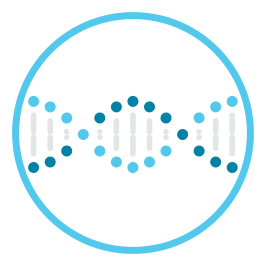
Is Age-Related Macular Degeneration Genetic?
What is age-related macular degeneration? Age-related macular degeneration (AMD) is the most common cause of irreversible vision loss among older adults. The disease results in damage to the central part of the retina, impairing vision needed for reading, driving, or even recognizing faces. Vision loss related to AMD usually becomes noticeable in a person’s 60s…
-
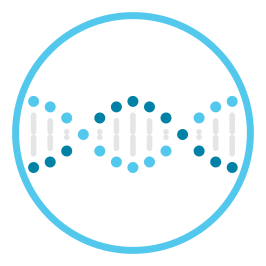
Is Hereditary Thrombophilia Genetic?
Explore Hereditary Thrombophilia and what your DNA can tell you Genetics of Hereditary Thrombophilia Hereditary thrombophilia is genetic. The two most common genetic variants (differences) linked to hereditary thrombophilia are found in two genes, called F5 and F2. These genes are important in the normal clotting process. But the F5 variant (sometimes called factor V…
-
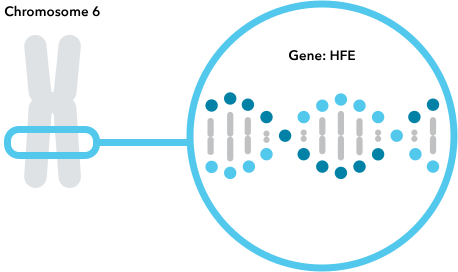
Is Hereditary Hemochromatosis Genetic?
Explore Hereditary Hemochromatosis and what your DNA can tell you Is hereditary hemochromatosis genetic? Yes. Hereditary hemochromatosis is a genetic condition. Most cases of hereditary hemochromatosis are due to variants in the HFE gene, although variants in other genes have also been found. Hereditary hemochromatosis affects many people Hereditary hemochromatosis is one of the most…
-
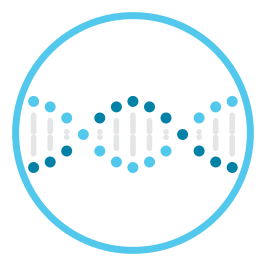
Is Hereditary Amyloidosis Genetic?
Explore Hereditary Amyloidosis and what your DNA can tell you Is TTR-Related Hereditary Amyloidosis Genetic? Yes,TTR-related hereditary amyloidosis is genetic. It is caused by genetic variants (differences) in the TTR gene. However, TTR-related hereditary amyloidosis is not the only cause of amyloidosis. There are other forms of hereditary amyloidosis that are caused by genetic variants…
-

Is Familial Hypercholesterolemia Genetic?
Explore FH and what your DNA can tell you What is Familial Hypercholesterolemia and how common is it? Familial hypercholesterolemia (FH) is a genetic condition associated with very high levels of cholesterol in the blood, specifically low-density lipoprotein (LDL), or “bad” cholesterol. High cholesterol due to FH increases the risk for early cardiovascular disease, which…
-

Is Celiac Disease Genetic?
Explore Celiac Disease and what your DNA can tell you Is celiac disease genetic? Genetics play a role in celiac disease. Variants (differences) in two genes can influence the risk of developing celiac disease. These genes are called HLA-DQA1 and HLA-DQB1, and they help the immune system respond to invaders such as viruses and bacteria.…
-
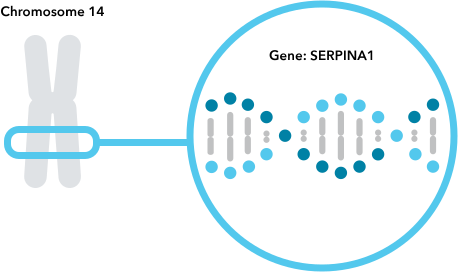
Is Alpha-1 Antitrypsin Deficiency Genetic?
Explore AAT Deficiency and what your DNA can tell you Is AAT deficiency genetic? Yes. AAT deficiency is caused by genetic variants (differences) in the SERPINA1 gene. The SERPINA1 gene contains instructions for making a protein called alpha-1 antitrypsin (AAT). This protein is made in the liver and is transported to the lungs where it…